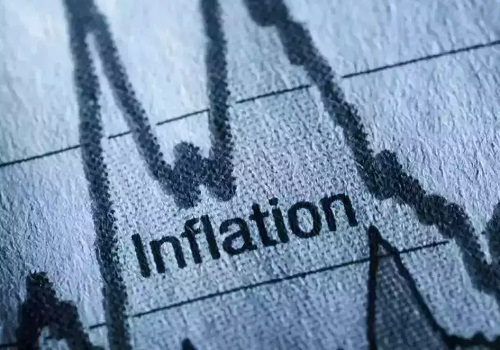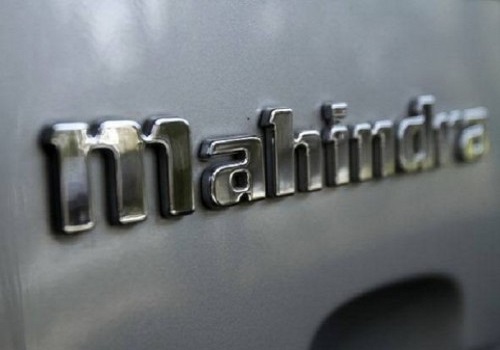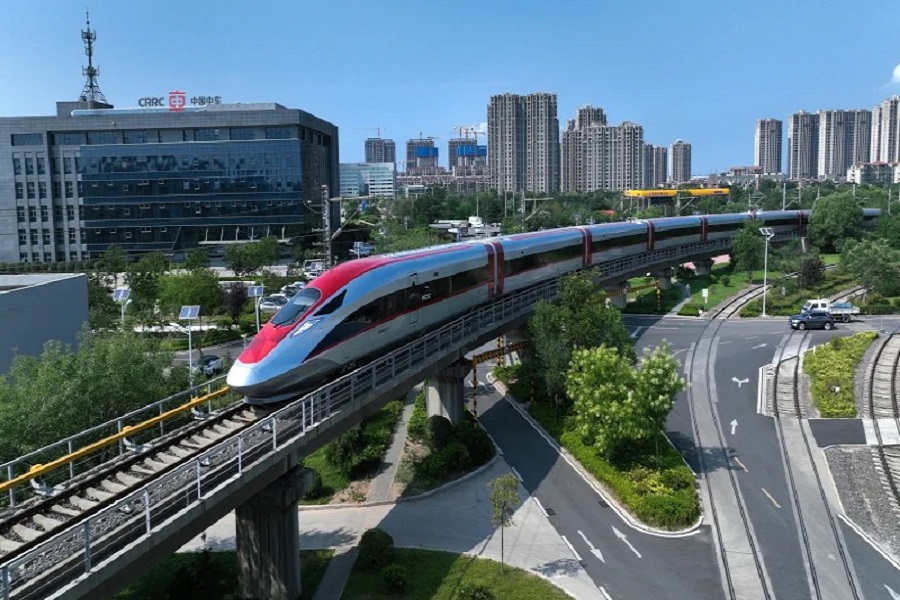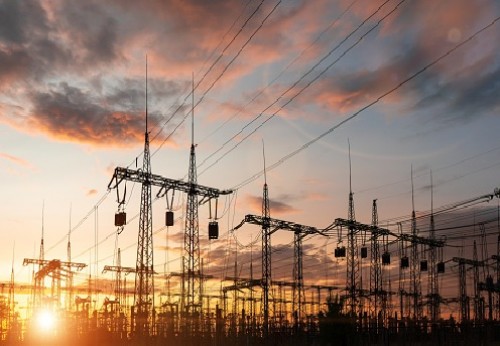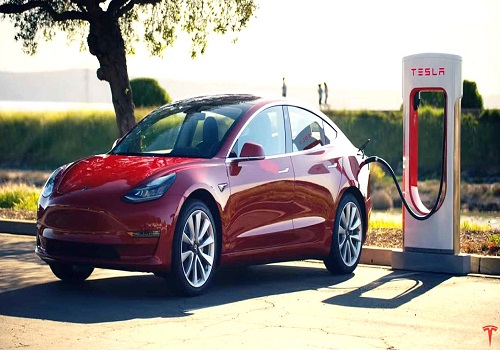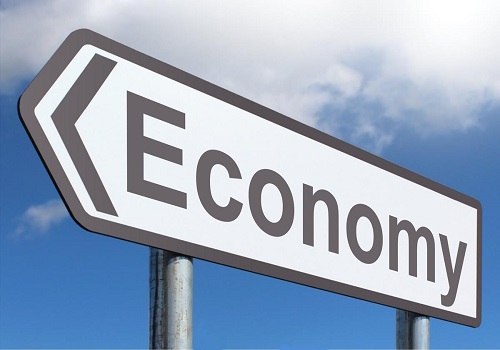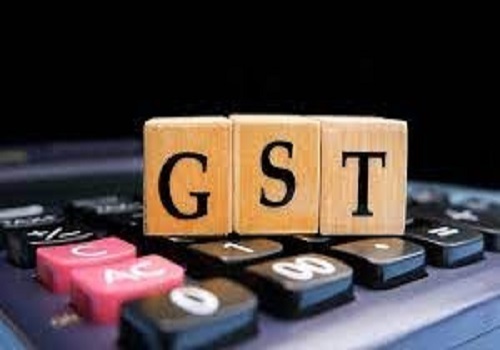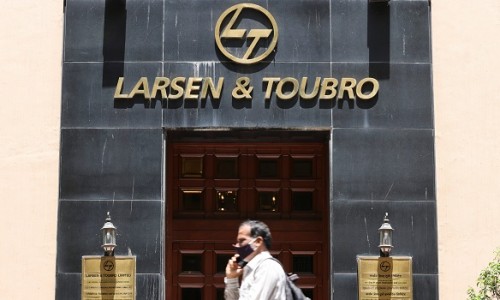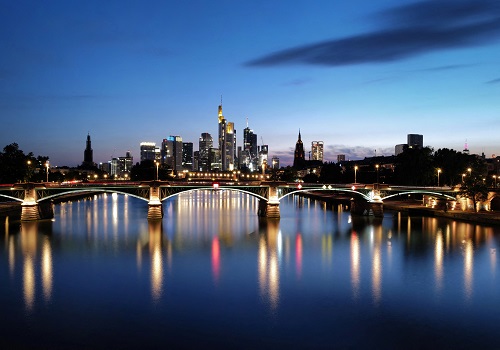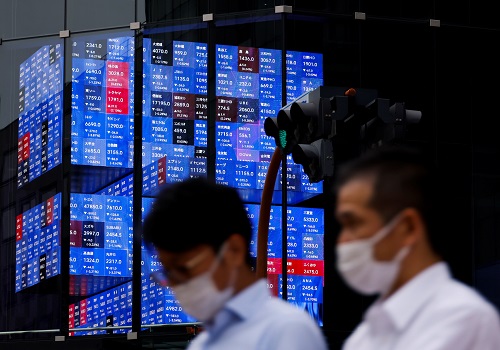Australian goverment announces funding for biggest hydrogen plant

Follow us Now on Telegram ! Get daily 10 - 12 important updates on Business, Finance and Investment. Join our Telegram Channel
https://t.me/InvestmentGuruIndiacom
Download Telegram App before Joining the Channel
The Australian Renewable Energy Agency (ARENA) on Friday announced funding for the nation's biggest hydrogen plant.
ARENA approved A$47.5 million ($31 million) in funding for the company -- ENGIE Renewables Australia's hydrogen and ammonia project in the Pilbara region of Western Australia (WA), reports Xinhua news agency.
Plans for the project, construction of which will begin in October, including a 10 megawatt (MW) electrolyzer to produce renewable hydrogen and an 18 MW solar photovoltaic (PV) system to power it.
Once completed in 2024, the electrolyzer will be capable of producing up to 640 tonnes of renewable hydrogen every year, making it one of the world's largest plants, according to a media release of the ARENA.
Chris Bowen, the Minister for Climate Change and Energy, said the project would help Australia become a "hydrogen exporting powerhouse".
"As we move to a more renewable economy, hydrogen will become an increasingly important part of our energy mix, and will be important in supporting industrial and hard-to-abate sectors," he told reporters.
Electrolyzers use energy to split water into its composite parts -- hydrogen and oxygen.
The hydrogen produced can then be used for electricity generation, zero-emissions transport fuel, or as a feedstock for chemicals such as ammonia.
That produced at ENGIE's Yuri project will supply hydrogen and electricity to the neighbouring ammonia facility.
"The Yuri project is Australia's first really substantial renewable hydrogen project, and it is one of the largest so far in the world," ARENA chief executive Darren Miller said in a media release.
"Renewable hydrogen will be vital to reducing emissions in so-called hard-to-abate sectors. It is also a huge export opportunity for Australia to provide clean energy and emissions-free materials to the rest of the world. This is going to be important if we are to achieve zero net emissions in the decades ahead."


